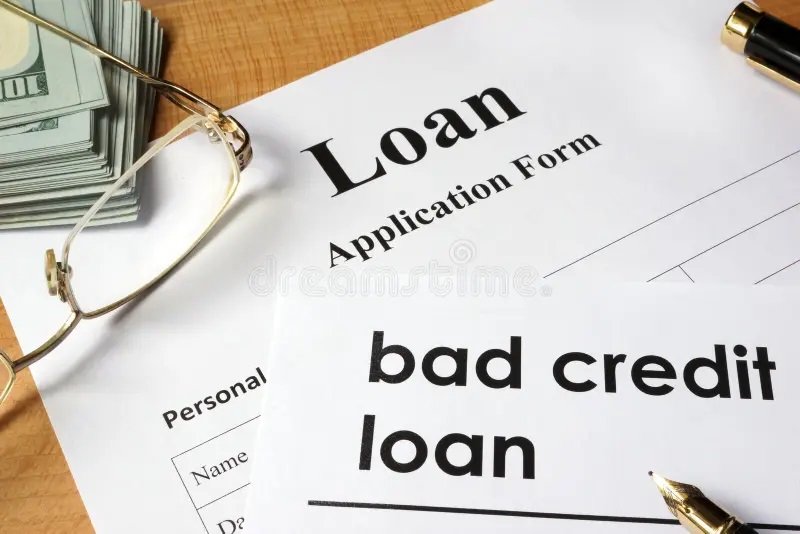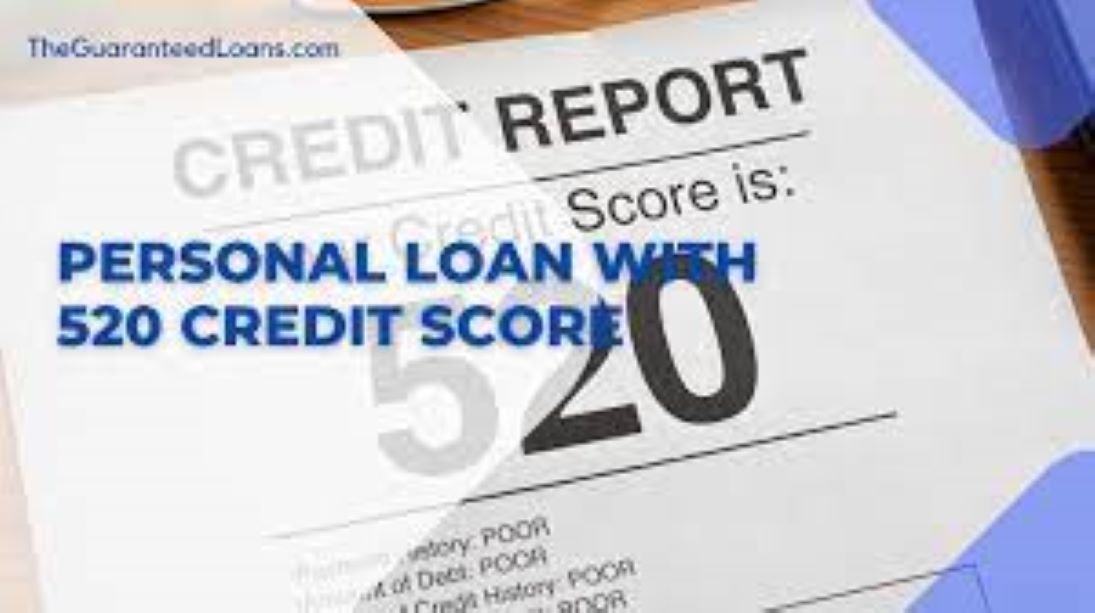In today’s economic climate, managing finances is more critical than ever, especially for salary earners who might need access to funds for various personal reasons, such as debt consolidation, home renovation, or emergency expenses. Personal loans emerge as a feasible solution, offering a lump sum that can be repaid over a fixed period. However, the challenge lies in selecting the best loan option suited to your financial status and needs.
This article delves into the best personal loan options for salary earners, offering insights into making informed decisions based on interest rates, loan terms, fees, and other crucial factors. Additionally, we address frequently asked questions that borrowers typically consider.
What Are Personal Loans?
A personal loan is an unsecured loan, meaning it does not require collateral like a home or car. These loans are based on the borrower’s creditworthiness, which is determined by credit score, income level, employment history, and other financial aspects.
Factors to Consider When Choosing a Personal Loan
- Interest Rates: The interest rate is a vital aspect as it affects the total amount you will repay. Look for the lowest possible rate that you can qualify for based on your credit score.
- Loan Terms: These can range from one to seven years. Shorter terms generally have higher monthly payments but lower overall interest costs.
- Fees: Be aware of origination fees, prepayment penalties, and late payment fees which can add to the cost of your loan.
- Loan Amount: Typically, personal loans range from $1,000 to $50,000. Consider lenders that offer the amount you need with reasonable terms.
- Repayment Flexibility: Check if the lender allows for payment flexibility such as changing due dates or the option of deferment.
- Customer Service: Good customer service can be invaluable, especially if you encounter issues during your loan term.
List of Best Personal Loans for Salary Earners
1. LightStream
Pros:
- Offers competitive interest rates, especially for borrowers with excellent credit.
- No fees and no prepayment penalties.
- Offers a loan experience guarantee and will pay you $100 if you’re unsatisfied with your loan process, provided specific conditions are met.
Cons:
- Requires several years of credit history.
- No option to pre-qualify without a hard credit check.
Best For: Borrowers with good-to-excellent credit looking for significant borrowing amounts without fees.
2. SoFi
Pros:
- No origination fees or prepayment penalties.
- Unemployment protection which pauses your payments if you lose your job.
- Offers additional perks like career counseling and member events.
Cons:
- Generally requires a high credit score for approval.
- Higher loan minimums might not be suitable for those who need smaller loans.
Best For: High earners with good credit who might benefit from additional member services.
3. Marcus by Goldman Sachs
Pros:
- No fees whatsoever, including late fees.
- On-time payment rewards; skip a payment after 12 months of consecutive on-time payments.
- Direct payment to creditors for debt consolidation loans.
Cons:
- Requires good credit for the best rates.
- No co-signers are allowed, which might be a drawback for those with weaker credit.
Best For: Individuals with good credit looking for flexible terms and no fees.
4. Discover Personal Loans
Pros:
- No origination or prepayment penalties.
- Provides flexibility in payment due dates and offers a 30-day money-back guarantee if you find a better deal.
- Free credit scorecard with your FICO® Credit Score.
Cons:
- Requires good to excellent credit scores.
- Slightly higher interest rates compared to competitors.
Best For: Borrowers who value customer service and financial education tools.
5. Payoff
Pros:
- Specifically tailored for debt consolidation.
- Reports payments to major credit bureaus, potentially boosting your credit score.
- Transparent about fees and loan costs.
Cons:
- Charges an origination fee.
- Only available for credit card debt consolidation.
Best For: Salary earners looking to consolidate credit card debt and improve their credit scores.
FAQs on Personal Loans for Salary Earners
What credit score do I need to qualify for a personal loan?
Most lenders look for a credit score of 600 or above. However, the best rates are typically available to those with scores of 740 or higher.
Can I get a personal loan if I just started a new job?
Yes, it’s possible, though some lenders might require you to have been employed for a certain period or to meet minimum income requirements.
Are there any alternatives to personal loans?
Yes, alternatives include home equity loans, credit cards, and lines of credit. Each has its advantages and is suited for different situations.
What happens if I can’t repay my personal loan?
Failing to repay a personal loan can severely affect your credit score and future borrowing capacity. It’s crucial to contact your lender at the first sign of financial distress.
How long does it take to get a personal loan?
It can take anywhere from one day to a few weeks, depending on the lender. Online lenders typically process applications quicker than traditional banks.
Conclusion
Choosing the right personal loan as a salary earner involves careful consideration of several factors, including your credit score, financial stability, and personal needs. By understanding the terms, fees, and benefits offered by different lenders, you can make an informed decision that aligns with your financial goals









